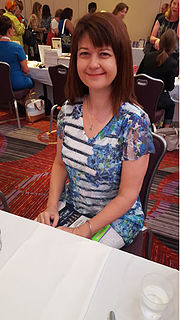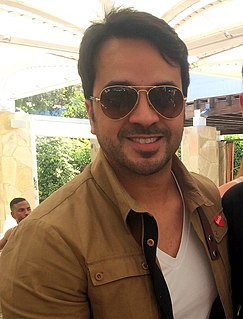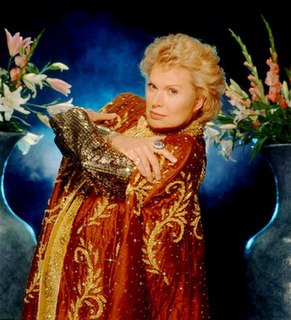A Quote by Luis Negron
When you're writing, your mind has a place where the stories happen. With one word, you can get the idea of where you are.
Related Quotes
I would say that it is important to have it in your mind, what your attention is and what you want to do. Really just go for it, and fall and go for it again, and learn and continue to go for it. First, it starts as an abstract idea and you have this dream and desire. It will take you to one place, and in that time you act in a certain way and you do what you have to do in that one place to get you to the next place. It is constantly building into this idea that you have.
What I think is important about essayists, about the essay as opposed to a lot of personal writing is that the material has to be presented in a processed way. I'm just not interested in writing, "Hey, this is what happened to me today." You get to a place that has very little to do with your personal experience and talks about some larger idea or something in the culture. I don't think you can get to that unless you have had a lot of time to gestate and maybe if I was taking a lot of notes while stuff was going on, I wouldn't be able to get to that place as easily.
My being Indian is possibly the biggest thing that influences my stories. Not just in terms of settings - most of the settings in my stories are Indian - but also in terms of characters and plot. I think growing up in India grew my imagination in certain ways that would not have happened in any other place. I'm also fascinated by the idea of India, and writing stories allows me to explore this. As for thematic elements, they are probably pretty obvious in my stories. I also hope that my stories bust stereotypes at least to a modest extent.
I read the poem [In a Dark Time by Theodore Roethke] because I was intrigued and had one of those strange senses: "This poem is kind of important to me. I don't know why, but I'm going to just keep it in the back of my mind." I just kept coming back to it. As I started putting the book together and writing the stories for it, this idea of buzzing as a word kept popping up in my brain.
Here's the truth about telling stories with your life. It's going to sound like a great idea, and you're going to get excited about it, and then when it comes time to do the work, you're not going to want to do it. It's like that with writing books, and it's like that with life. People love to have lived a great story, but few people like the work it takes to make it happen. But joy costs pain.
Somethings get easier. You get more confident in your abilities and you learn what kind of stories sell and what don't. But your standards kept going up with your skills, the business aspect of writing grows more complicated, and it becomes really hard to maintain any semblance of a balanced life the longer you're at this. No matter what level you're at, writing is always difficult.
Do you remember writing in your diary," he said, "that it did not matter whether I was a friend or an enemy, since I was at least a person who understood you and could be talked to? You were right. I enjoy talking to you. Your mind appeals to me. It resembles my own mind except that you happen to be insane.

































